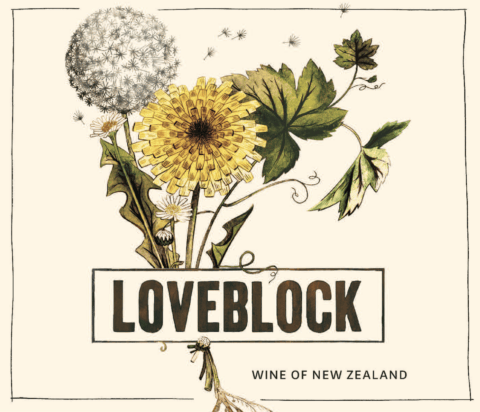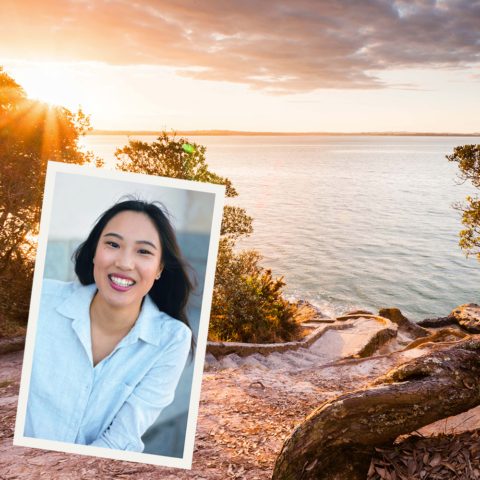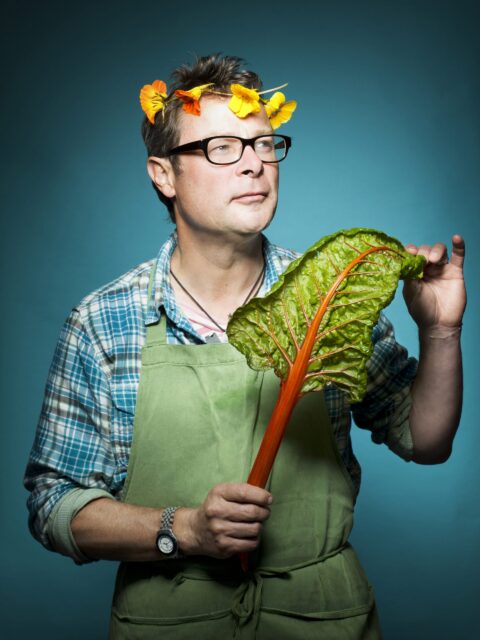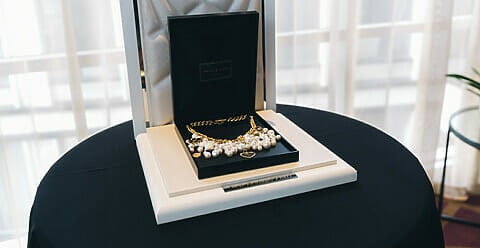Expecting her first child at age 42, actor Michelle Langstone opens up to Kiran Dass about love, loss and how leaning into her feelings led to a new book of essays.
When actor and writer Michelle Langstone’s beloved father passed away in 2018, his death brought the clarity she needed to pursue her hope of becoming a mother. The past year has been a whirlwind for Michelle, who in that time has married the love of her life who she met aged 40, is now 24 weeks pregnant at the age of 42 after a gruellingly uncertain round of IVF, and is publishing her first book, a collection of personal essays Times Like These: On Grief, Hope & Remarkable Love.
I’ve known Michelle for a few years now. At different times we have both been booksellers at the same Auckland independent bookshop, we both write, and we share a love of literary fiction. A smart and sensitive animal lover with a finely tuned moral compass, she is known and loved for her acting roles in One Lane Bridge, 800 Words, Westside, The Almighty Johnsons and McLeod’s Daughters.
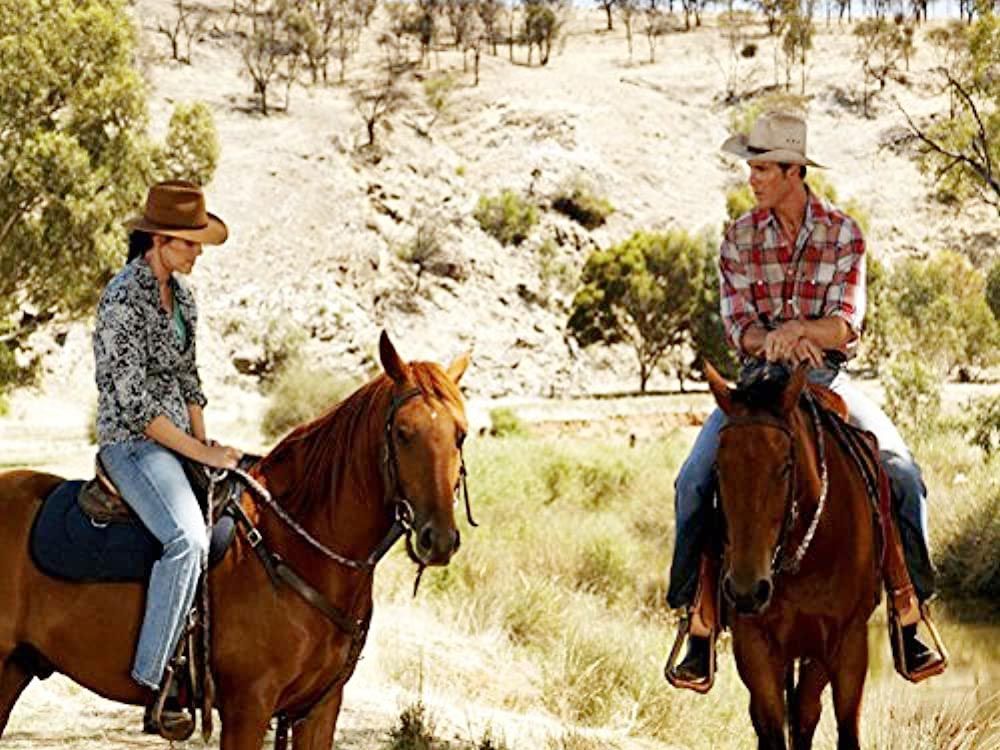
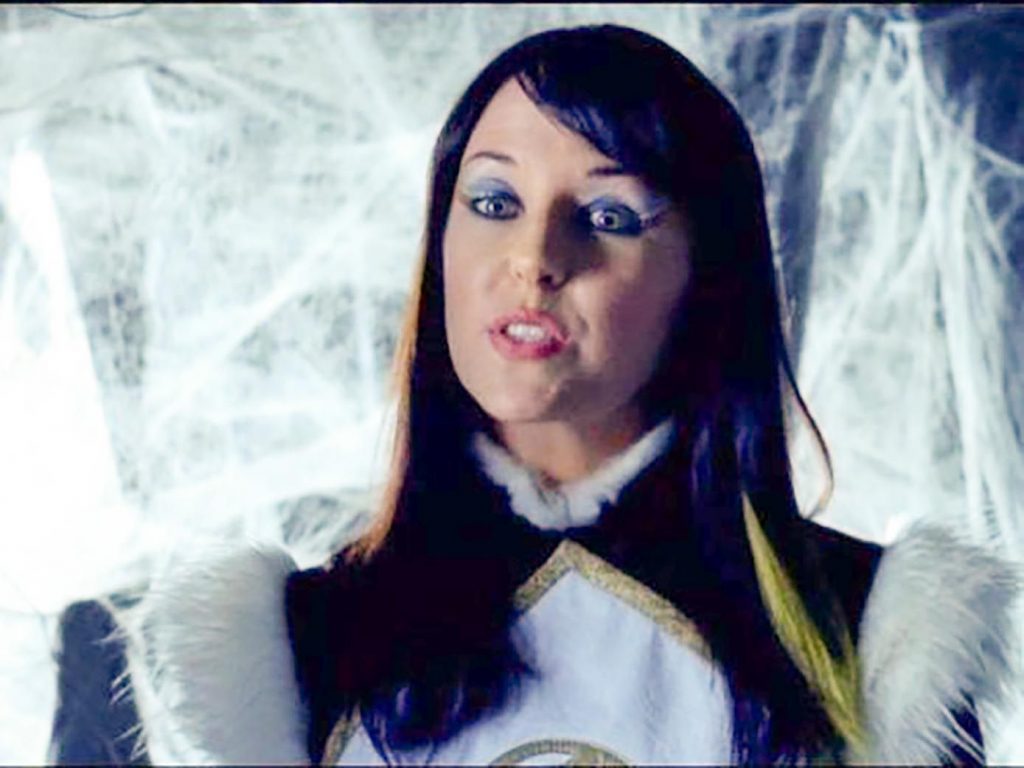
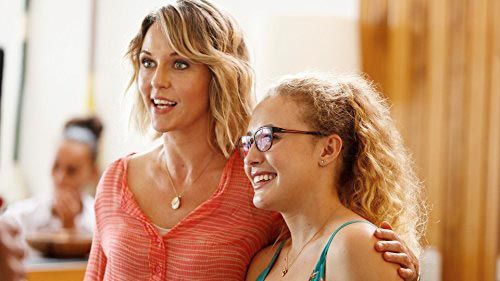
She is also the winner of two Voyager Media Awards for her writing. We catch up while she’s on a break from filming One Lane Bridge in Queenstown, and throughout our conversation, Michelle laughs and cries easily, thinks quickly and speaks even faster.
Michelle, a naturally “homesick person”, misses the comforts of home while working, but despite the odd bit of tiredness, she says her pregnancy has gone smoothly so far.
“In many ways I’ve been so fortunate for a pregnancy at 42. I haven’t had a difficult time. It’s really cool, I like it. There are funny things that happen, like we were shooting yesterday and I was driving in a car with the director and a cameraperson by Dart River and the baby started kicking like mad. I got the giggles and just couldn’t stop,” she laughs.
It feels somewhat cosmic to Michelle that she met her husband, journalist and television producer Arun Jeram, just two months after her father Dawson passed away, when she was still what she describes as “alive with grief”.
“Even if it sounds a bit woo-woo, I do believe that meeting Arun took a little gap in the universe. And when he came in, it was a gift. I knew straightaway that he was my person.”
Meeting Arun took a little gap in the universe. And when he came in, it was a gift. I knew straightaway that he was my person
She had just written a feisty and impassioned piece for The Spinoff directed to NZ Cricket, in which she implored them to address their silence on Black Cap Scott Kuggeleijn, who had faced trial in 2016 and 2017, charged with the sexual assault of a woman in 2015. The first jury was undecided, the second found him not guilty. The sportsman himself had admitted the woman in question had repeatedly said no to his advances. An avid cricket fan, Michelle railed against NZ Cricket, who selected Scott to tour internationally with the Black Caps regardless. Michelle isn’t afraid to speak up if she thinks something is unjust. Her piece saw her invited to talk on The Project where Arun was producing at the time.
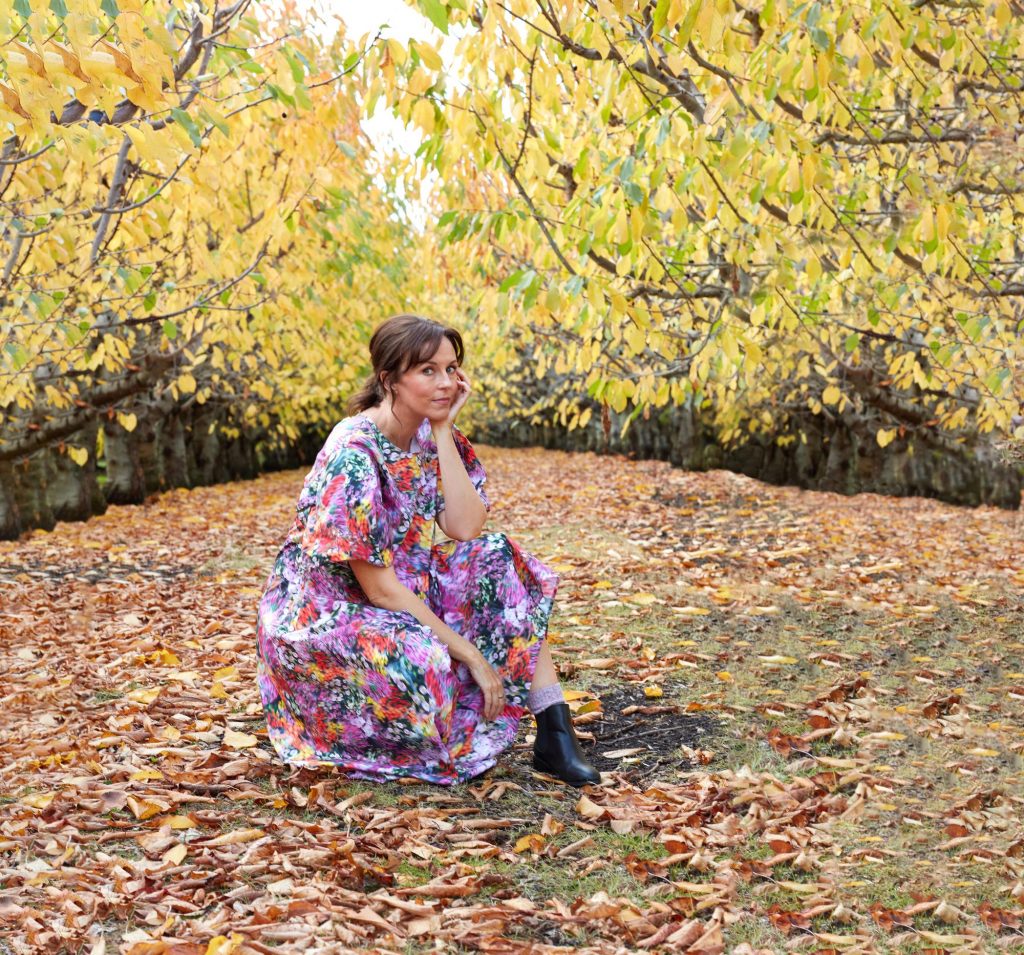
“I was so open, so wide open with grief,” she recalls. “I had also recently hurt my foot and I was limping. Arun is interesting because he’s a journalist and producer and he was also a physiotherapist. So, when he saw that I was limping, he recommended a surgeon he had worked with.”
When she went to leave, she was struck by a very strong feeling of not wanting to say goodbye to Arun. As luck would have it, she couldn’t remember the name of the surgeon he’d recommended so texted him to remind her.
“I didn’t realise it, but it was Valentine’s Day! And he, being a journalist, deduced that I must be single because it was Valentine’s Day and I mustn’t have had a boyfriend and been preoccupied with Valentine’s Day activities if I was texting him,” she laughs. “I think more than anything I had such a strong sense of ‘I know you’. It was an immediate recognition. I felt immediately at ease. He’s incredibly intelligent, clear, practical and grounded in ways I am not. I actually feel really sleepy when I’m around him. I always feel that way when I am around people I’m close to,” she says.
The pair were married in an intimate ceremony with just a handful of guests at The French Café in Auckland right when New Zealand was on the cusp of heading into Level 4 lockdown last year. It was the day Prime Minister Jacinda Ardern had announced the alert levels and Michelle, who had planned to honeymoon in Nelson and Abel Tasman National Park, says at 10am on the day of the wedding, she received an email from the honeymoon venue advising her they were cancelling all bookings. Auckland was just tipping over into the burnished tones of autumn, and while the government announced that all elderly people must stay at home, Arun’s 103-year-old Mai and Bapa (grandmother and grandfather) were able to attend because the ceremony, which was on the same day as the infamous Bluff wedding cluster, was so small. This was profoundly special because it would be just months later that they would both pass away within a few weeks of each other.
Perhaps surprisingly for an actor, Michelle says she is actually very shy and doesn’t like being the centre of attention or being looked at when she’s not playing a role. But of her wedding ceremony and vows, where she stood in front of her nearest and dearest, she says that moment could have gone on forever. When asked for her most vivid memories of the wedding, she says she remembers how excited her flower-girl nieces were, as well as gazing into Arun’s eyes as they exchanged vows, and the laughter they shared. “The day was just a real treasure to me.”
But Michelle expresses resentment at having to wait so long only for the love of her life to come along at a time when it may be too late to have children. She also feels frustration towards her body and the time constraints and uncertainty of conceiving at age 40 and beyond.
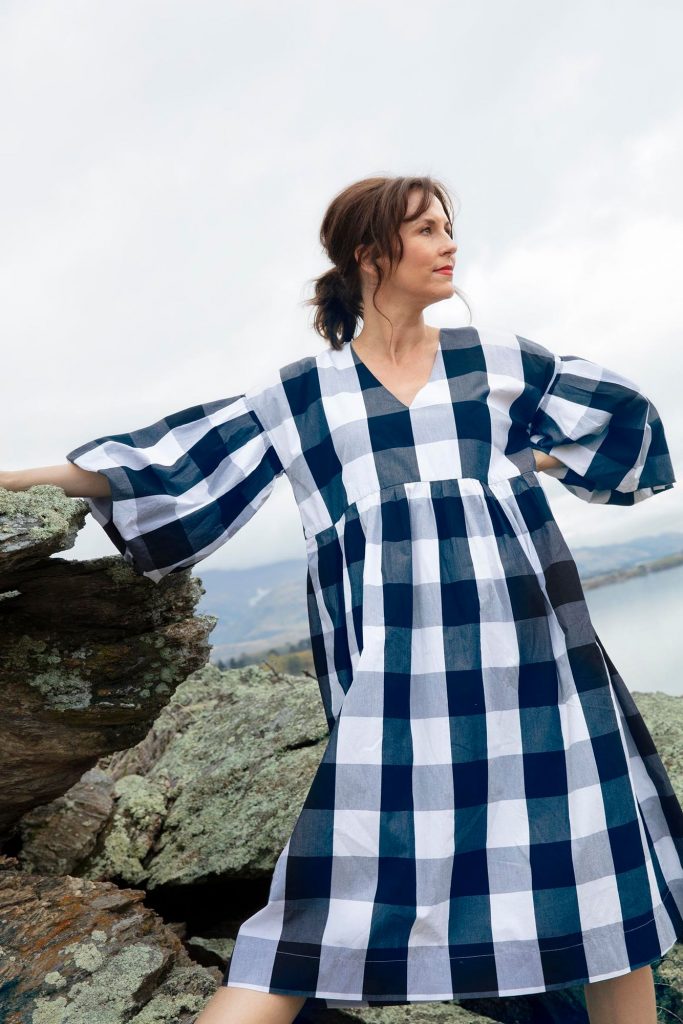
“It’s so unfair. It’s really brutal when you get to the slippery end of it. I did feel anger at my body. I was like, on paper, I look good! I’ve been vegetarian since I was 15 years old, I’m not a big drinker, I’m fit and healthy. When I eventually got to IVF, we had been trying for a year.
I did feel anger at my body… When I eventually got to IVF, we had been trying for a year
“I felt helpless and I hate feeling that way. I rage against that feeling. The rational and the irrational, you know, how one plus one doesn’t necessarily make two. I couldn’t understand that,” she says, her voice rising in frustration.
Michelle says she was initially reluctant to go down the IVF path after finding it painful seeing friends go through the process. “But I’d always wanted this and now my chances were diminishing. Everyone is so across our bodies the minute we hit puberty! We are raised to be careful and take measures to not get pregnant. All of this is a maelstrom of feeling.”
She rails against offensive platitudes from well-meaning people. “You know, when people say things like, ‘Your time will come.’ I feel violence at some of the empty things people say. Don’t minimise people’s feelings and experiences around fertility!”
When I ask what the medical professionals she dealt with were like throughout her fertility journey, Michelle says they were polite, but distant, and mindful of being encouraging while not getting people’s hopes up. She observed that, for something so deeply personal, it is quite an automated process and an industry which makes millions of dollars a year. One doctor had coolly told her that conceiving through IVF is basically like “the flip of a coin”.
“There would be hundreds and hundreds of women, the waiting rooms were always full. Even getting a blood test at 8.15am on a Sunday, there would be a line down the corridor reaching outside. It’s a carousel.”
IVF increased Michelle’s chances from 4-5% to just 20%. She still seems dazed by the fact she was successful after only one round.
“I was gobsmacked. I thought, ‘I’m 42, there is no way just one round of IVF will work.’ To have this success is staggering to me. I didn’t think it would happen.”
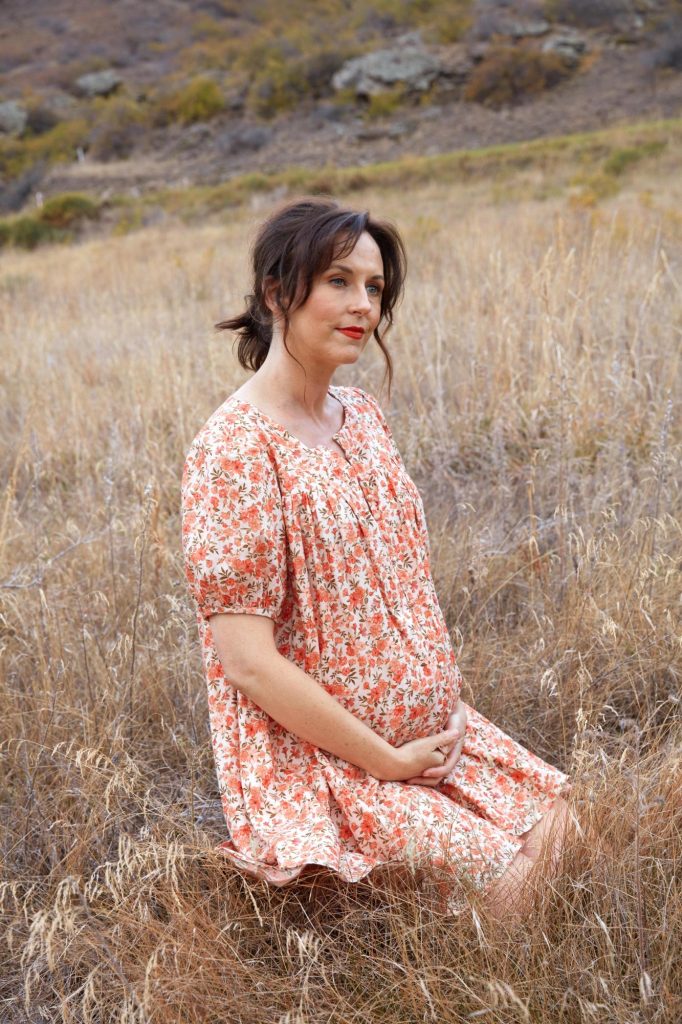
In “Stars”, the final essay in Times Like These, Michelle shares in raw detail her experiences undergoing embryo transfers, a process she was so fearful of she enlisted the help of a hypnotherapist in an attempt to ease her nerves. By the time she had finished writing the essay about her first transfer, she didn’t know that it had failed. Michelle only had two embryos left.
“I can’t say I enjoyed the process, but I’m deeply grateful. I just can’t believe how lucky we are. I don’t think I’ll ever get over that.”
She says the best thing anyone in a similar situation can do is arm themselves with knowledge and research. Read everything you can, she says. Swotting up by reading medical journals and looking into research is something she is accustomed to.
When her father was diagnosed with terminal cancer, she designated herself as the family member who would read medical literature and ask doctors questions, leaving no stone unturned. She wrote her book as a way to reach her father and work through her grief. She started writing it just seven months after he died, and all of the essays speak to that deep-hearted grief.

Michelle says she didn’t realise the toll it would take on her to hold her grief so close and examine it. She writes that “we were prepared, we understood”. But the truth is, when the moment comes, you are never prepared. “I just hope people will find the book good company,” she says.
“After we got the diagnosis that it was terminal, I was up every night with my dad in hospice. But when the actual absence of him happened, life without him, it was profound. The last few days of his life were very beautiful, but traumatic.”
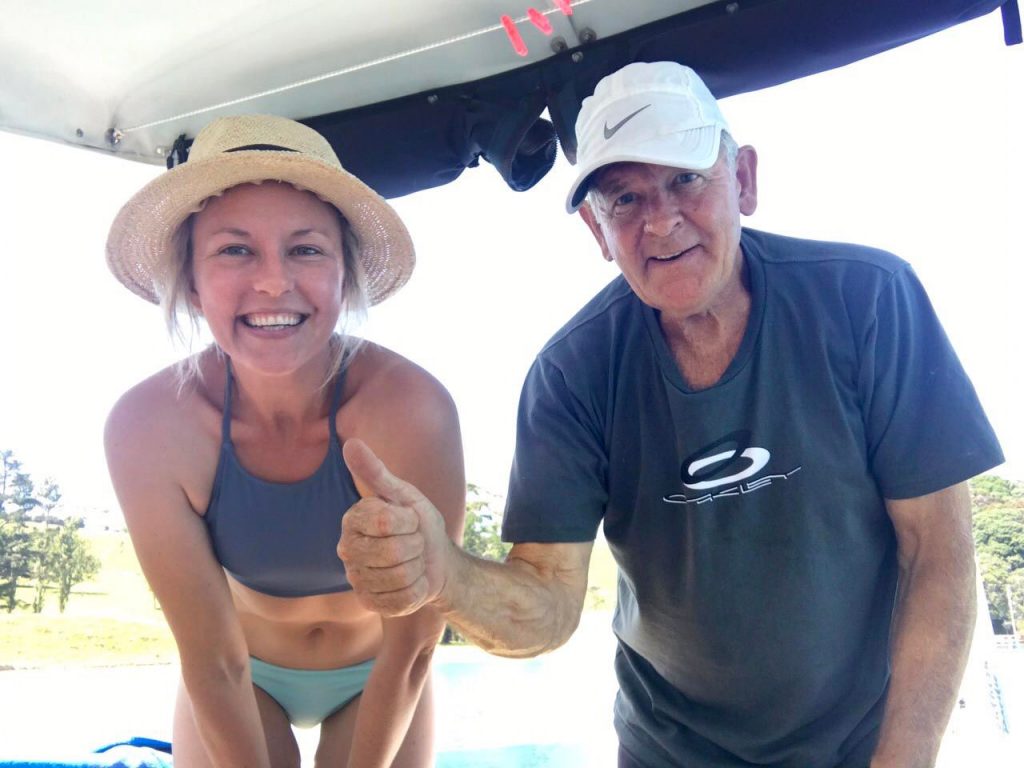
PHOTO SUPPLIED
“I’m not afraid of bad feelings,” she says, her voice wavering as she starts weeping. She dismisses my offer of pausing, saying she is free with her feelings and at ease.
Times Like These took Michelle 18 months to write. When she began, she’d just started IVF, so there was little room for anything else in her life and acting had taken a backseat anyway, because of the pandemic. The book deals with grief, love and what it’s like to be a perceptive, deeply feeling and sensitive person in the world. “I am really sensitive. I am very aware of people’s feelings and have felt them like currents of electricity since I was little, like a conduit. It’s always been my role in my family and in my life.”
I am very aware of people’s feelings and have felt them like currents of electricity since I was little, like a conduit
The scenes in the book are alive with intense sensory detail. Each page spills over with observation and raw emotion and feels alive and crackling. Michelle places the reader directly inside every moment she writes about and has a finely sharpened perception of time and place. Small details fly off the page and the writing is so evocative I wonder if she took notes and documented things at the time.
“No, I didn’t. I think my relationship to memory is just a really acute one. I remember everything about Dad dying. I remember all of it. I’m like that with a vast majority of major things in my life. I just store them. I don’t really know if it’s useful or not. I don’t write intellectual essays, I write personal essays,” she muses.
A striking thing about Michelle’s book is that she writes of an idyllic childhood. It’s quite a rare thing to read about happy childhoods with easy family dynamics and little significant conflict. There are relaxed family lunches, sharing potato chips while swilling ice-cold beers, and memories of boating trips where the children end up eating sausages on the beach.
“I did wonder about that. I do wonder, where is a place for books where things are wonderful? I don’t have much to knock up against,” she admits.
Michelle has played plenty of bombshells and badass babes on screen but would love to sink her teeth into other roles. One thing she has noticed is that she gets a kick out of stunt work and physical action-based roles. To her that would be a juicy challenge and she says it helps get her out of her own head.
“I can see how the machine moves on without you, but I hope there’s a chance to just keep doing this forever.”
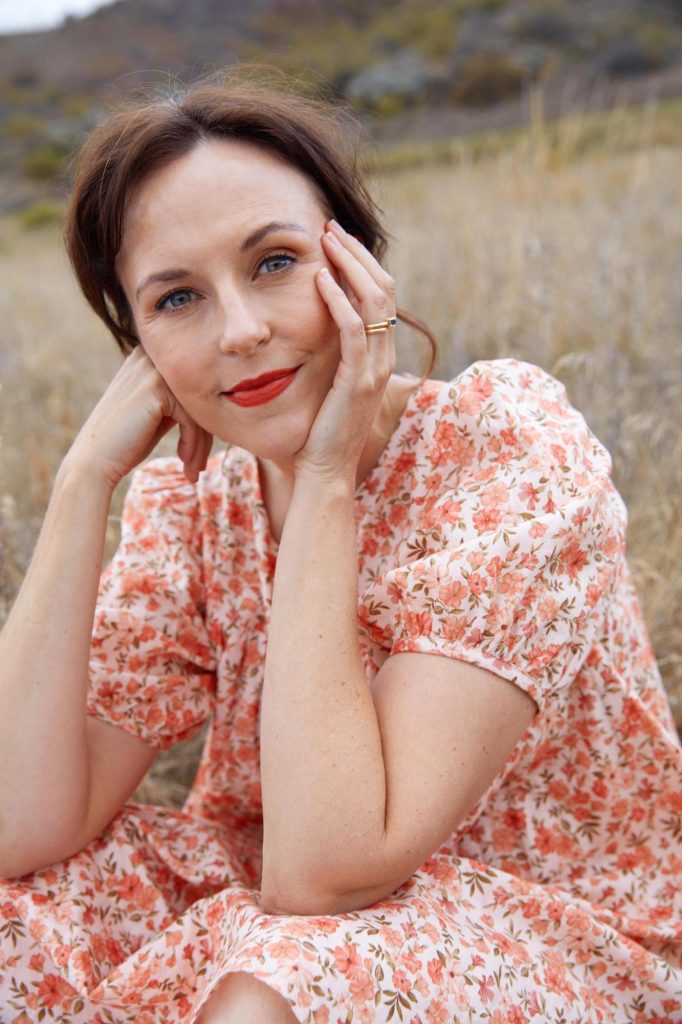
She writes frankly about body image and ageing in relation to the entertainment industry. She’s aware of the pressure and perhaps has felt complicit. For a sensitive person, this can be tricky to navigate, but Michelle is staunch in her beliefs. She roars with laughter when I read back to her a line in her book where she refers to herself as a “vain feminist”. “The way you look is front and centre of everything [in this industry]. I resent how much time I’ve spent thinking about it. I don’t want to be chasing my tail. It’s not easy to see that age in my face, it’s quite confronting.
“But I’d see models on Instagram and on the catwalk and I couldn’t get my dad out of my head, him shrinking and losing weight. And I think, I know what health is. It’s flesh on bones. It really changed something for me with my dad and as I move into middle age. I think as I’ve gotten older, I’ve got better at going, ‘I’m not interested in that.’ When I was younger, I was probably a real conformist. When you’re younger, you don’t question it as much. Now that I’m older, I just think, ‘I don’t want that for myself or for other women,’” she says firmly.
Being an actor, another thing Michelle says she is conscious of is that she doesn’t want any harmful and unrealistic ideals rubbed off on her children.
“I’m so mindful of wanting them to be in the world with their spirit first.”


